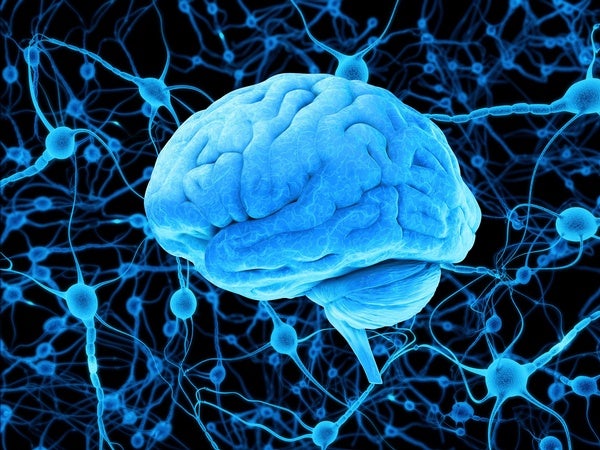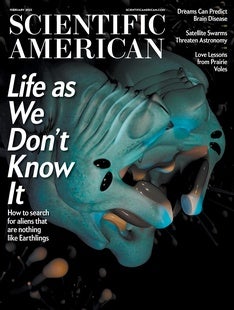 |
| March 28, 2023 |
The AI-powered chatbot ChatGPT has demonstrated impressive language skills. One researcher decided to quantify them by presenting the bot with a verbal IQ test. It scored higher than 99.9 percent of human test takers—but we shouldn't despair quite yet. The program fails at some basic questions, such as riddles, that most humans ace. In other words, the result suggests that "there are aspects of intelligence that cannot be measured by IQ tests alone." |
| |
 |
| |
| |
| |
| |
| |
| |
| Artificial Intelligence What the New GPT-4 AI Can Do OpenAI just released an updated version of its text-generating artificial intelligence program. Here’s how GPT-4 improves on its predecessor | | | | |
| Food The Science of Melting Chocolate Researchers used an artificial tongue to understand how chocolate changes from a solid to a smooth emulsion | | By Clara Moskowitz,David Cheney | | | |
| |
FROM THE STORE
 | | | |
| QUOTE OF THE DAY
 "The new [executive order on spyware] says to mercenary spyware vendors & backers: decision time. Either stop contributing to proliferation right now, or lose our number." John Scott-Railton, Twitter | |
FROM THE ARCHIVE
 | | | |
LATEST ISSUES
 |
| |
| Questions? Comments?  | |
| Download the Scientific American App |
| |
| |





















